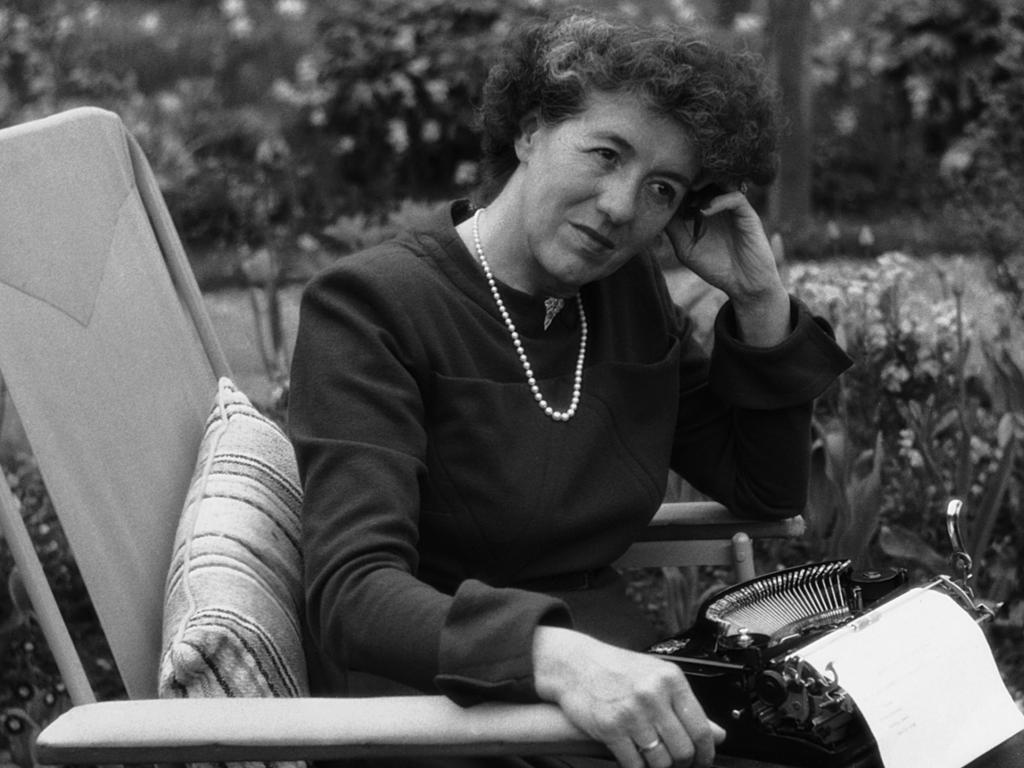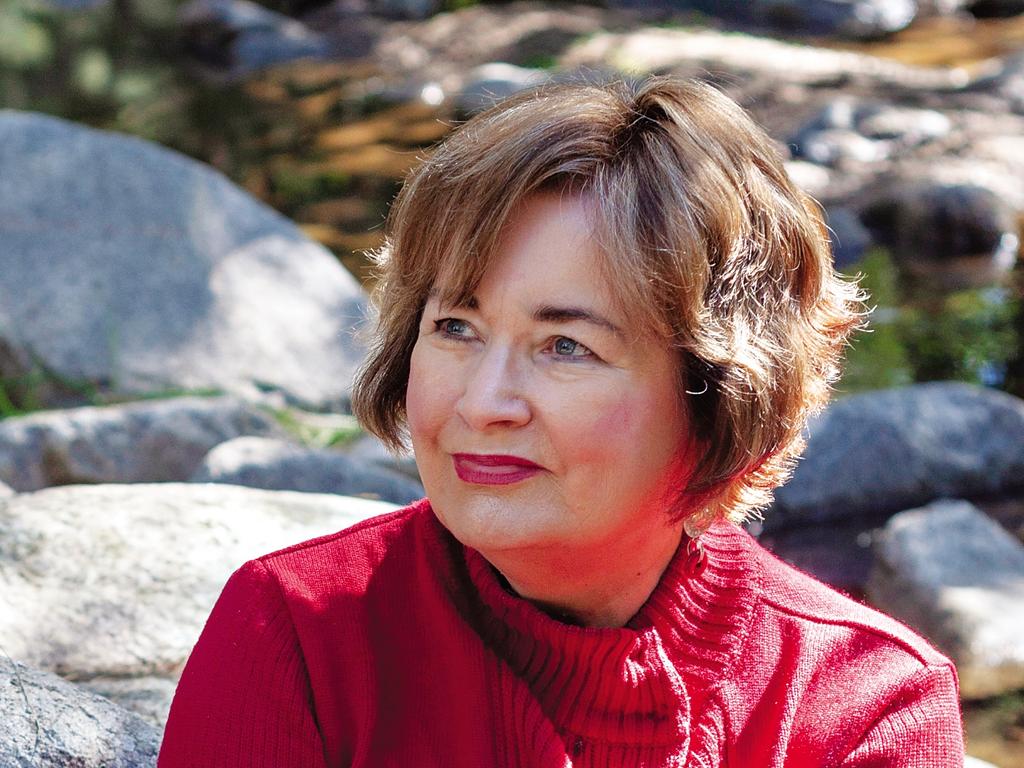Ursula K. Le Guin’s son Theo Downes-Le Guin on why he updated the language of her books
Literary executor Theo Downes-Le Guin on his decision to update the language of Ursula K. Le Guin’s children’s books

The youngest child and literary executor of US science-fiction writer Ursula K. Le Guin says his decision to update the language of his mother’s books was fuelled by a desire to bring her work to a modern audience, not to revise it.
In a letter to Lit Hub, Theo Downes-Le Guin wrote that in the process of moving his mother’s Catwingschildren’s series to a new publisher last year, the editor proposed changes to the books’ language: removal of the words “lame”, “queer”, “dumb” and “stupid”.

His initial reaction “was that of a strict constructivist” with a “sacred” respect for Le Guin’s writing. He was reticent, but after considering that Le Guin revised her own work, he was compelled to speak with a disability rights lawyer, a young adult literature consultant, a racial educator and children.
“Ursula revised herself throughout her career, notably The Left Hand of Darkness, which takes place on a planet where sex and gender are fluid. Years after publication, during a later wave of feminism, she received criticism for … use of ‘he’ as default personal pronoun,” he writes. “After some defensiveness, Ursula demonstrated, through essays and revisions of the text, how she might have approached things differently.”
Downes-Le Guin wrote that while he didn’t know what his mother would have wanted for her books, a note left over her desk gave him a clue. “Is it true? Is it necessary or at least useful? Is it compassionate or at least unharmful?” the note said.
The fracas over reworked classic children’s novels by the likes of Roald Dahl and Enid Blyton have put sensitivity readers in the spotlight. Criticism about changes being a “slippery slope” for children’s literature is reductive, Downes-Le Guin wrote. “The decision to revise a book need not create a prescription for all books or all writers … It may pay heed to who is being revised, reasons for the proposed revisions, the extent of change, and especially who is doing the revising.”








To join the conversation, please log in. Don't have an account? Register
Join the conversation, you are commenting as Logout